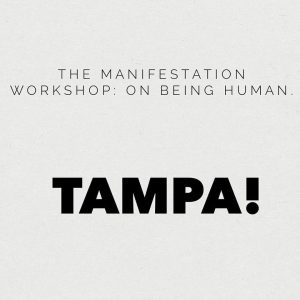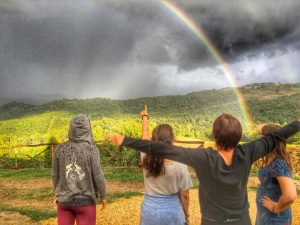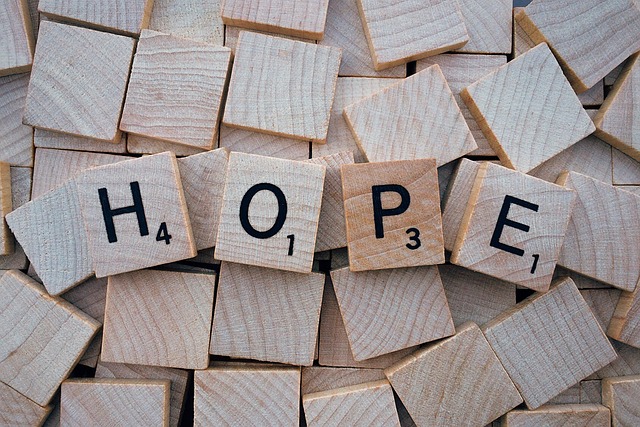Two days after Christmas a fellow author posted to Facebook an image of unknown origin I had seen before. A pale hand, female, dangles a thing white cigarette between calves wrapped in black pantyhose, bent at an insouciant angle. The smoke from the cigarette wraps around the subject’s right hand, a gold band around her middle finger. Below a caption, in a yellowy sans-serif font, introduced by a hypen like a subtitle or Emily Dickinson poem, the quote at a tense angle. It reads: “— My idols are dead and my enemies are in power.”
It was, coincidentally, the same day that Carrie Fisher died. My friend, the author, posted the photo before the news broke that Fisher’s heart attack some days before had resulted in her passing. But it summed up well a year in which so many idols died, from those of my childhood (Richard Adams) to those who inspired my teen idols (David Bowie) to those I had little sense of connection or references to (George Michael). The image appeared four days after I showed up at my parents’ house with a suitcase, face still puffy from crying over the end of a relationship I had thought would end in marriage.
Around the time that I had been dreamily listing out the songs I would like to make up the soundtrack to my wedding, Leonard Cohen passed away. At the time, Cohen’s was one more in a procession of celebrity deaths and personal losses that had marked the almost two years I had been with my former partner, a series of blows that took a subtle, steady toll on a new love. The much-beloved cat, hit by a passing car. The friendships faded and fraught, just when they seemed the most needed. My mother’s mid-life crisis, set off the previous summer when I had spent three months at my grandfather’s house and unwittingly stepped into a tight woven trap of family tensions. The mounting pressure and humidity of the political climate, like the Tennessee summers of my childhood just before a storm comes screaming in off the plateau.
Despite living my whole life in the South, I had never seen so many Confederate flags as I had that summer in western New York, so close to Canada I had brought my passport along in my bag. The stars and bars lined the porches and truck bumpers in that sleepy Rust Belt town for weeks after Dylann Roof’s massacre in Charleston. In hindsight it’s hard not to imagine they heralded Trump’s victory, the coming appointments of Steve Bannon and Jeff Sessions.
It had been so strange to explore a brief, unfamiliar sense of romantic happiness in the midst of what often seemed like the world falling down around our ears. But there were those before us who had survived equal or greater tumult. The very elders who were dropping like flies were a testament to what had changed and what had endured since before we were born.
Cohen had been first introduced to me by another former lover, who had played me “Anthem” in a moment of crisis, and unwittingly given me several minutes of of balm to the inevitable heartbreak. There is a crack in everything. That’s where the light gets in. As I drove to the gym after hearing of Fisher’s passing, the strains of Cohen’s baritone drifted by chance out of the local radio tower, through the speakers, and soaked into the worn upholstery. Everybody knows the good guys lost. Everybody knows the fight was fixed. The poor stay poor, the rich get rich.
In a year of endless losses, the partnership in which I’d sought solace became one more unexpected casualty. There was the subtle toll my mental health had taken on my lover’s, the way my history seeped into our present. There are, as Cohen and Fisher and so many others know so well know, cracks and fissures that may let light enter, but which even love cannot fill or heal.
The day after Christmas, the night before Carrie Fisher died, I watched one of my very favorite movies, Meet Me In St. Louis, for the umpteenth time. After I fell down a rabbit hole of re-reading articles and essays on Judy Garland’s life, along with the inevitable mention of the scandals that she felt defined her.
Then the news broke that Fisher had died, and in a way it was all so beautiful in its synchronicity: the timing of finding myself attuned to the parallels and lessons of these two extraordinary women’s lives. They each lived through mental illness, weight fluctuations, disappointments in love, the pressures of their professions, and the burden of existing in a system that was not made for or kind to them.
There are the women you want to be— the women you idolize and wish you could inhabit. And then there are women like Garland and Fisher, whose lives are not exactly enviable, but who have shown that life does not have to look any particular way to be considered a success. Moods shift, bodies fluctuate, lovers come and go, careers rise and fall, times change. It is art, intelligence, and sheer presence that endure. There are the women you learn from.
It was a year that tore us down, and stripped so much away. The year that has become infamous in the lore of internet memes and obituary sections. Yet so many of our fallen idols left behind last works of startling beauty and darkness and celebration. Fisher revisited her younger self in The Princess Diariest from the perspective of one who views youth as something to survive, not maintain. Bowie spoke of resurrection on Blackstar. And Cohen left us with an accusation, a dare, in the title of his final album: You Want It Darker. Perhaps I did. Perhaps we all did, and that is why the world is in the state that it is in. Perhaps this is simply a season we must walk through.
My idols are dead. My enemies are in power. The man I thought I would marry did indeed, in the words of Cohen, dance me to the end of our love. And yet I stand here hopeful. There will always be lovers and enemies, work and slow songs, black nights and bright ribbons. These things unfold endlessly around that which is both ephemeral and enduring, that which is ceaselessly reborn. In the face of all this loss, I am writing again. It is here and now, when so much has faded and changed, when I feel the most certain and strong. I have learned that in the middle of the darkness and tumult, we will always have ourselves.

Next one after this is NYC Feb 4 at Pure Yoga West. You don’t need to be a yogi at all. Just be a human. Click photo to book.


Beautiful article. I had the blinding fortune of meeting Carrie Fisher at a bookshop in London a fortnight before she died. I read the news about her passing when I turned my phone on after coming out of a cinema viewing of Rogue One, the last scene of which, if you’ve seen it, made it one of those seemingly divined moments of absolute heartbreak.
One burning question, do you have any idea where this image and quote combo came from? I first saw it as a Twitter cover photo and ever since have been obsessed. I adore everything about it and you described it so poetically! Can I ask who the author was who shared it? I’m just dying to know who created it and why, and I’ve been trying to dig up the trail to its genesis.
and 4 years later, the tables would turn, where even us with extremely milquetoast positions such as “let me chose the school for my kids” or “match the income I’ve lost due to lockdowns” or even a simple “leave me alone” is seen as extremist. The truth is, trump never really went after you the way you are coming after us. You think of everyone who dares to think differently than you as some kind of enemy. If someone gets to say that today, it’s us, not you, not anymore.
My idols are dead. My enemies are in power. My friends are manipulated into hating each other and fight for people much more powerful and rich than them. Everything is lost.